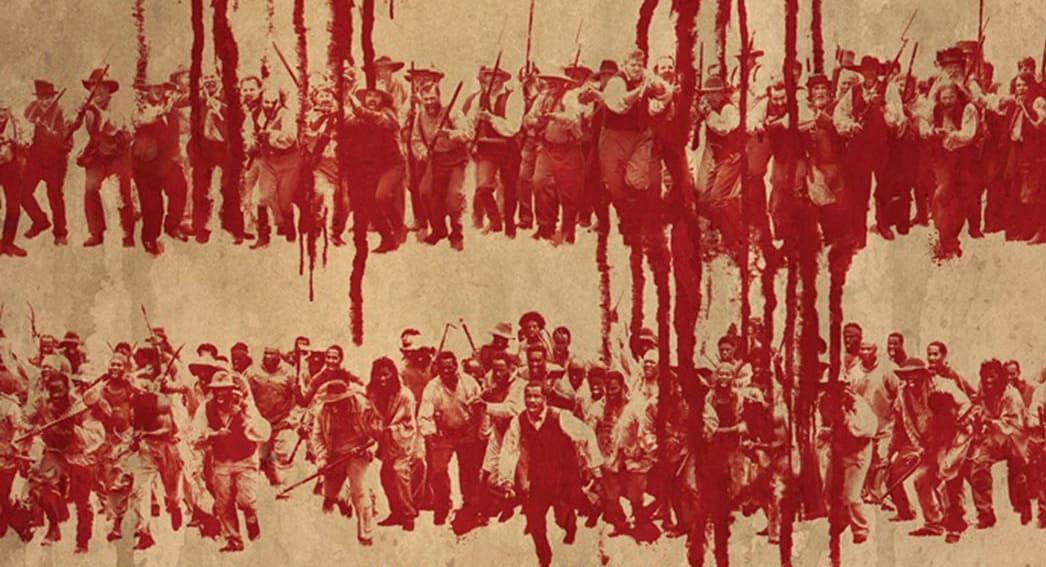
Who will weep with me
I can feel the ancestors hoping
praying
dripping with blood fervor anticipation
Who will weep with me
as the recoil of mixed up emotions
identities
spoken words
wrestle in my bones
in the marrow of my life
Who will weep with me
for beautiful sacred black women
raped beyond recognition
bruised and broken still exuding #blackgirlmagic glitter
along an underground trail of suffering
rising up from the ashes
the courage coercing through my veins
forcing me to resist
Resist
Resist
Who will weep with me
for messages lost in the murder
of souls still living
bodies being remade
For unredeemable black men
who dare to challenge their masters
and speak to God in public
liberation on our lips
who will weep with me
for the rebirth of our nation
for restorative justice
renouncing scapegoats
embracing accountability
for all forms of Jim Crow terror
who will terrorize patriarchy from the pews
who will target white supremacy
as it deals death to all
red and yellow, black and white
all are oppressed in its sight
Beloved, who will weep with me?
Tonight I saw The Birth of a Nation. It was a thoughtful, intentional choice to see it. Many people are choosing not to see the film, as a form of protest against Nate Parker. I understand that choice—it is one that people I deeply respect have made. And I also respect the choice itself. My protest is to push the conversation about rape culture, male toxicity and consent. It is to hold men like Nate Parker accountable for helping us dismantle rape culture. I don’t believe skipping the film helps me do that.
I saw the film because although we don’t really separate art from artists, this film ain’t just about one man. There are a lot of people who sacrificed to get this done. And I honor them. It cannot be simple nor pleasant to do what all those actors did—nor worth the amount of money they may or may not get, frankly.
Push yourself to be a part of dismantling rape culture. Weep with me for the rape of my ancestors, the modern-day lynching of black bodies, and toxic masculinity that perpetuates a culture that discards women.
I saw the film because I am a student of my own blackness. I push myself to read, watch and understand painful parts of my history. Of our United States of America history. I stay connected to my ancestors through film. I want to allow the rhythms of truth to flow naturally through my psyche, my spirit and my mind. I need that specific beat, tempo, swing to be natural in my cadence as I fight for justice in this present age. I need to keep liberation on my lips.
I saw this film because I believe in restorative justice. I believe we must find a way to restore Nate Parker. I don’t think his heart is hardened as we see in certain other celebrities. I believe we must push him in accountability and love and justice. I believe no one is a single story.
I saw this film because I need and want you to weep with me.
Yep. You.
Weep with me. Enter into the messiness. Push yourself to be a student of this history we have in the United States. Push yourself to be a part of dismantling rape culture. Weep with me for the rape of my ancestors, the modern-day lynching of black bodies, and toxic masculinity that perpetuates a culture that discards women.
Welcome to intersectionality, if this is new to you. Weep with me.
Let us rise together out of the ashes. Let education and lament ground us in truth—so that our actions may be ones that heal, restore and invoke justice.
Zakiya Jackson is a lover of words, and she creatively uses them by entertaining and compelling her friends and family or even strangers. Like a salmon swimming upstream, Zakiya recently returned to Washington, DC, where she works in education advocacy and community development. Zakiya places high value on faith, racial justice, love, Anthony Hamilton and laughter. Fancy, woke and Southern, she’s generally passionate about being alive. Message tees & Bryan Stevenson are everything. This article originally appeared at Collected Young Minds and appears here by kind permission of the author.


